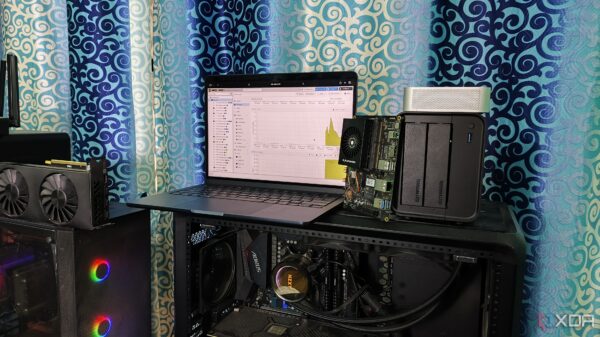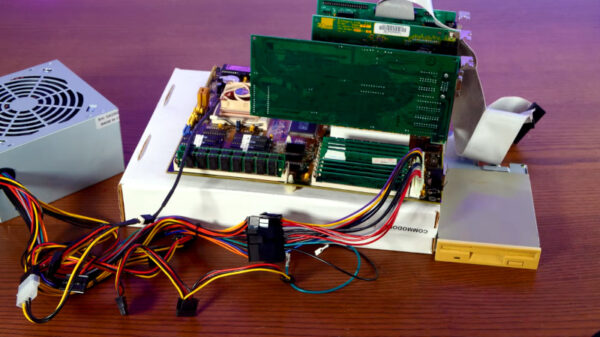Early detection of dementia is vital for effective treatment, yet many signs are often mistaken for normal aging. According to the National Institute of Health (NIH), dementia is defined as “the loss of cognitive functioning—thinking, remembering, and reasoning—to such an extent that it interferes with a person’s daily life and activities.” Individuals with dementia may also experience emotional instability and personality changes, which can complicate their daily routines.
Dementia encompasses a variety of types, with Alzheimer’s disease being the most common. General symptoms include memory loss, impaired judgment, and changes in behavior. Certain symptoms may become particularly evident in specific situations, such as grocery shopping or handling finances.
Key Indicators of Dementia While Shopping
When accompanying an elderly family member on a shopping trip, it is crucial to be aware of the following early indicators of dementia.
Difficulty Managing Money
One of the first signs of dementia can be difficulty managing finances. Individuals may struggle with basic mathematical concepts, making it hard to count change or accurately perform calculations during transactions. This can lead to anxiety when discussing finances or making payments, raising concerns among family members.
Impulsive Buying
Another indicator is a tendency towards impulsive purchases. Those affected may buy items that are unusual for them or forget they have already purchased something, leading to duplicate buys. Such unusual spending patterns can signal the onset of dementia.
Behavioral Changes and Cognitive Decline
Personality Shifts
Regular mood swings and noticeable personality changes can serve as early warning signs. Affected individuals may display heightened confusion, suspicion, or anxiety, particularly in unfamiliar settings. Routine disruptions can cause irritability and distress, making it easier for family members to spot these changes.
Decreased Attention Span
When shopping, individuals in the early stages of dementia may show a reduced attention span and difficulty concentrating. This struggle can interfere with daily activities, making simple tasks like shopping feel overwhelming.
Poor Decision-Making
Changes in decision-making abilities are also common in those experiencing early dementia symptoms. They may make impulsive choices or engage in spending that deviates from their usual habits. Such behavior can lead to excessive purchases, raising concerns from family members.
Recognizing these signs during everyday activities like grocery shopping can provide critical insights into a loved one’s cognitive health. Early intervention is essential for managing dementia effectively, allowing individuals to maintain a higher quality of life.







































































